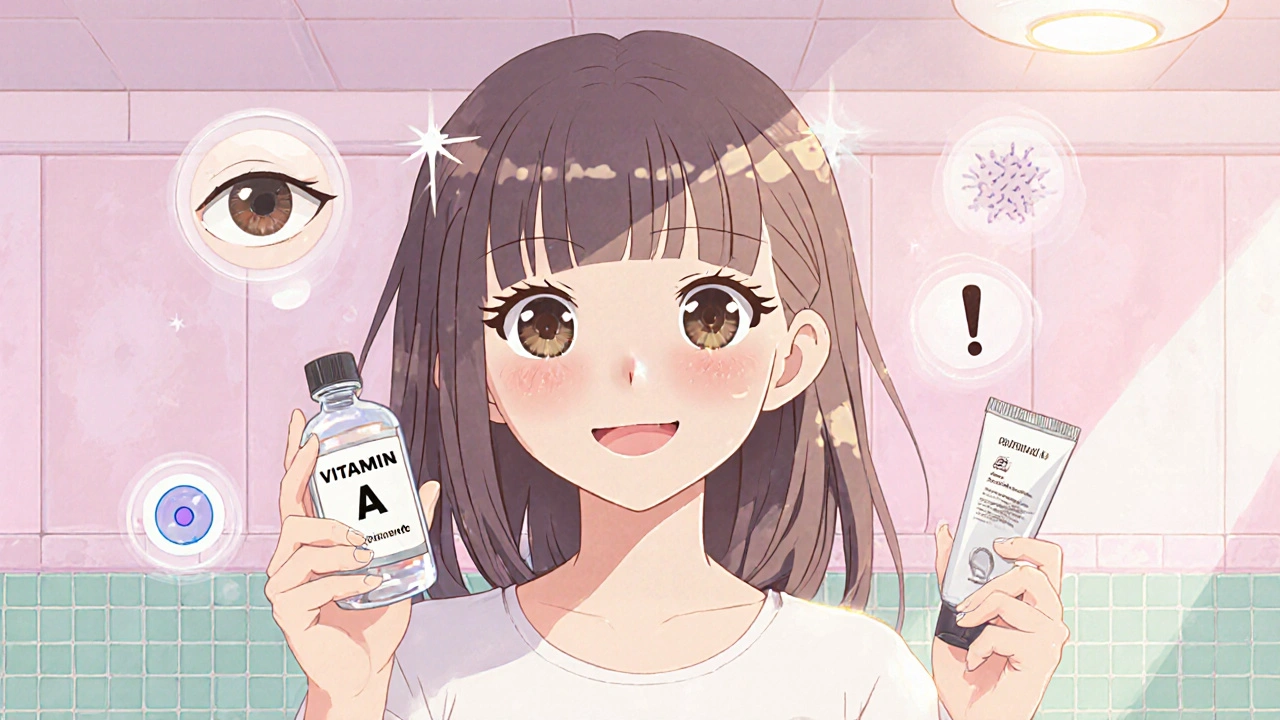Retinoids Teratogenicity: Risks, Research, and What You Need to Know
When we talk about retinoids teratogenicity, the potential of retinoid medications to cause birth defects when taken during pregnancy. Also known as retinoid-induced fetal malformations, this is one of the most well-documented drug risks in reproductive health. Retinoids—like isotretinoin, tretinoin, and adapalene—are powerful compounds derived from vitamin A. They work wonders for severe acne, psoriasis, and signs of aging. But if you’re pregnant or could become pregnant, they can seriously harm a developing baby.
Isotretinoin, the most commonly prescribed oral retinoid for acne. Also known as Accutane, it’s been linked to a high rate of serious birth defects, including skull, heart, and brain abnormalities. Studies show that up to 20–35% of babies exposed to isotretinoin in the first trimester develop major malformations. That’s why doctors require strict pregnancy testing, two forms of birth control, and signed consent before prescribing it. Even topical retinoids like tretinoin cream aren’t risk-free during pregnancy—though the danger is lower, the data isn’t clear enough to call them safe.
Fetal development, the process by which a baby’s organs and structures form in the first 8 weeks. Also known as embryogenesis, this is when retinoids interfere most. These drugs disrupt signaling pathways that tell cells where to go and what to become. A tiny amount crossing the placenta can throw off bone growth, nerve development, or facial structure. That’s why timing matters more than dose—even a single pill taken early in pregnancy can cause damage.
What’s missing from most patient conversations? The fact that these risks aren’t just theoretical. Real women have had children with cleft palates, missing ears, or heart defects after taking retinoids. And while today’s systems—like iPledge in the U.S.—try to prevent exposure, mistakes still happen. People forget. Pills get shared. Tests are skipped. The consequences aren’t just medical—they’re lifelong.
That’s why the posts here focus on what you actually need to know: how retinoids affect pregnancy, what alternatives exist, how to spot early signs of exposure, and what steps to take if you’re already pregnant. You’ll find clear comparisons between retinoid types, real-world safety protocols, and guidance on managing acne or skin conditions without risking your baby’s health. This isn’t about fear—it’s about making informed choices with real data.

